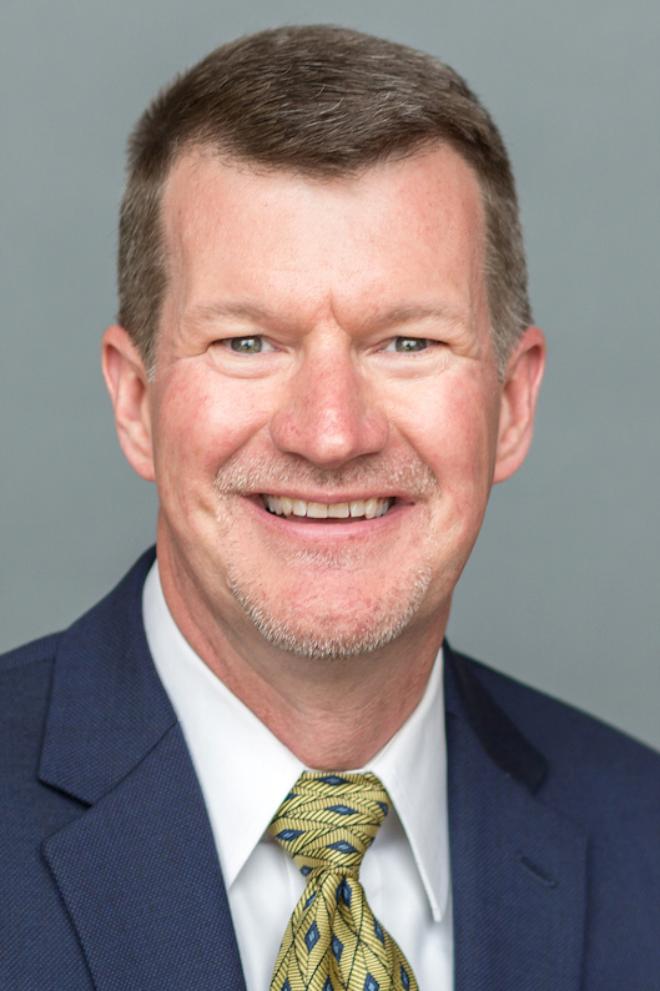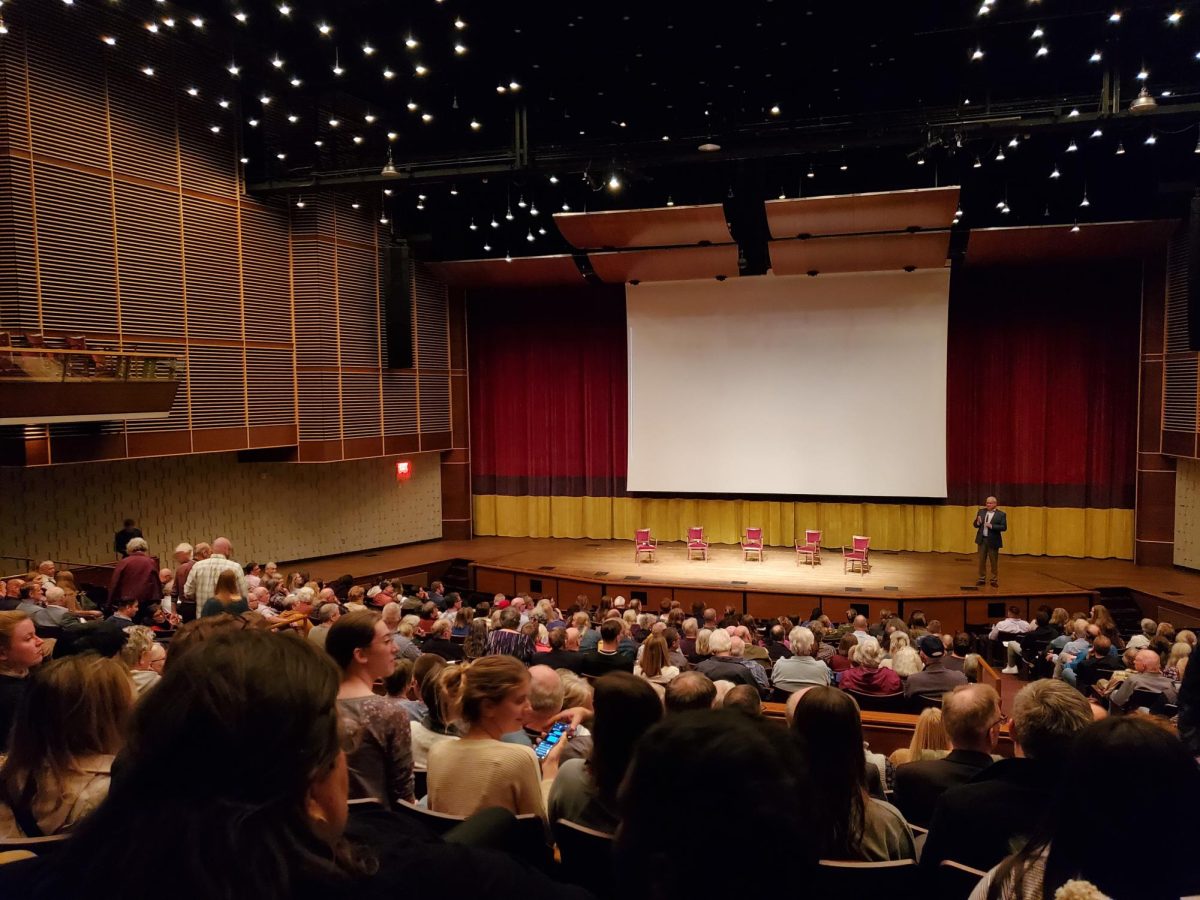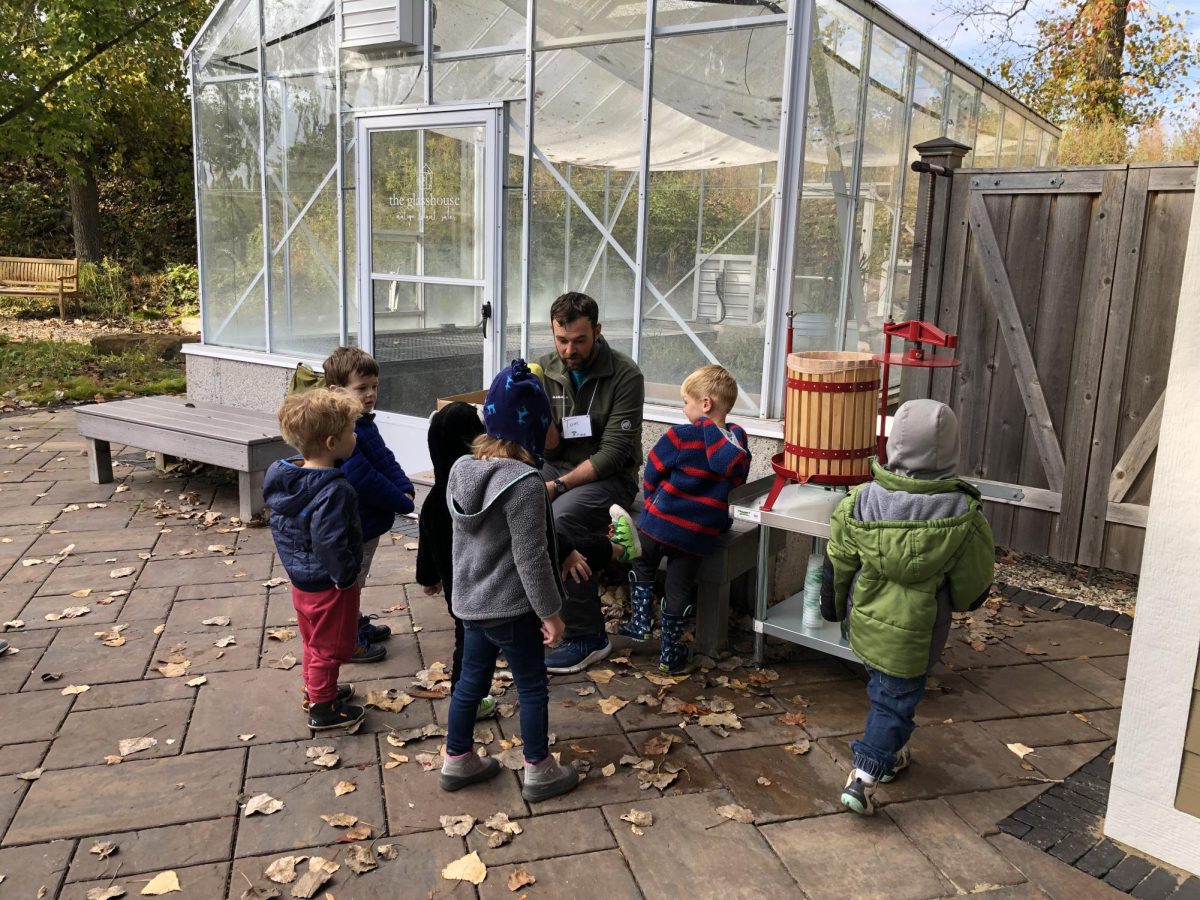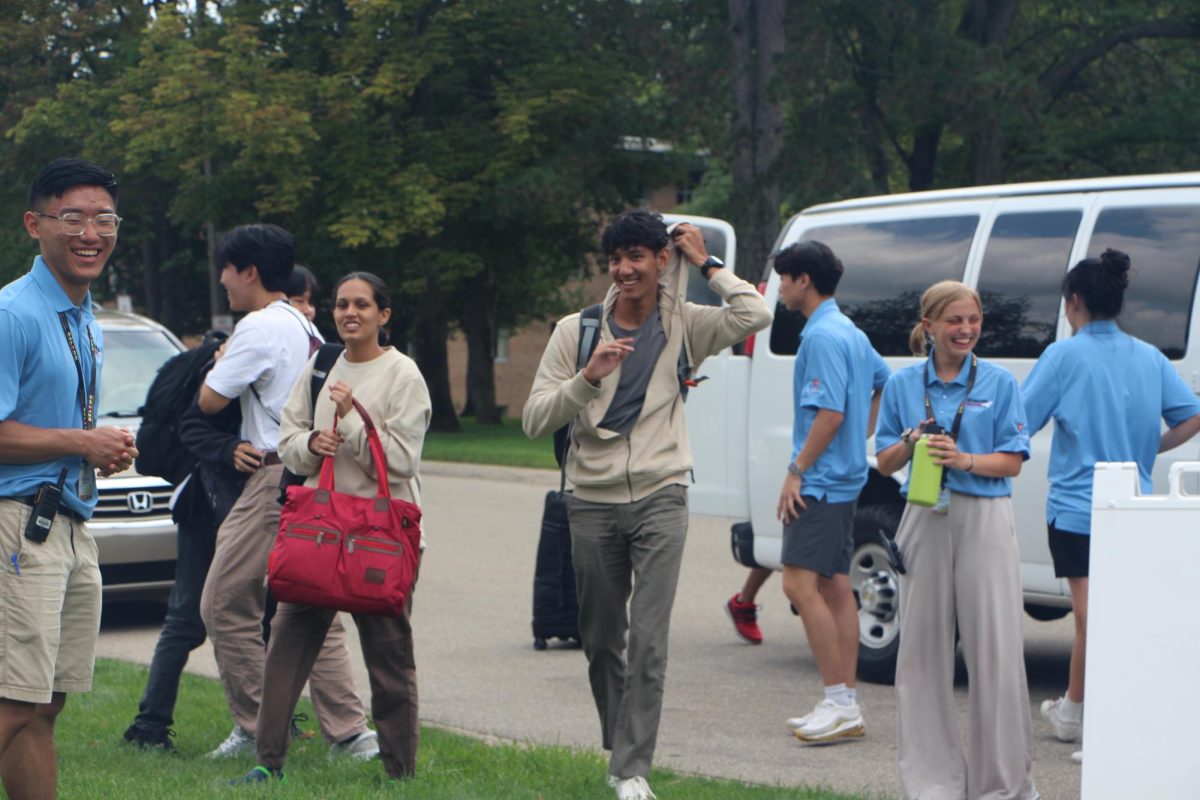When considering issues relating to gender, many make the erroneous assumption that the only real question that matters is “what does it mean to be a woman in today’s culture?” But also important to consider is how men should respond to contemporary culture as well. That’s why the Sexuality Series has set up two six-week long men’s discussion groups. Entitled “What Does it Mean to Be a Man in Today’s Culture?” this series provides men with the opportunity to ponder the changing nature of masculine identity in contemporary society alongside other curious members of the same gender.
Chaplain Aaron Winkle and Broene Counselor Rick Baez run each of the men’s discussion groups separately. Winkle, who is running a men’s discussion group for the seventh time says that he “heard from students that they had lots of questions to ask, but that they had no safe place to ask them. I’ve kept leading the groups,” he says, “because of the impact previous groups have had on me and the students who have participated.”
Now leading a men’s discussion group for the third time, Baez also got interested in leading a men’s discussion group because of a desire to develop a safe space for men to express their thoughts and feelings. “I highly valued authenticity where people can feel safe to talk openly about their lives and be accepted — judged favorably,” says Baez. “I typically am comfortable talking about sensitive issues. I have found, however, that there are others — in particular males — who may tend to struggle with sharing about themselves.” By creating a men’s discussion, Baez hopes more males will be encouraged to open up and to become more comfortable with sharing intimate details about themselves with others.
For those interested, both of the men’s discussion groups take place once a week every Wednesday at noon. Those who join the men’s discussion groups can look forward to eating a free lunch, but besides merely snacking down on pizza and munching on breadsticks, members of the men’s discussion groups also engage in conversation on a wide range of subject matter.
“I am open to discussing any issues [and] whatever the students want to talk about,” says Baez, although his group tends to focus on “how family, culture, media, sexuality, and scripture has shaped our view of what it means to be masculine.”
Winkle says that hearing the conversation held by the men in his group has taught him a lot, specifically to “talk less and listen more.” Members of the men’s discussion groups continually impress Winkle by delving into the some of the toughest questions that men must ask themselves. This includes questions such as how has your family origin has shaped the way you think about gender, how culture has influenced you, what the Bible can teach us about what it means to be a man, and (more fundamentally), what does the Bible have to say about what it means to be human?
Despite dealing with challenging and potentially identity-altering material, the members of the men’s discussion groups tend to find their conversations satisfying and helpful. This is not just because they demand critical thought and personal exploration, but because these groups create an enjoyable community — perhaps the most important aspect of the whole program. In addition to making the men’s discussion groups a safe place to talk about tough issues, Baez seeks to make the men’s discussion groups “fun.” Baez and his students often inject humor into their conversations, and members often develop lasting friendships with one another.
Baez looks forward to seeing what will come about from the latest of his men’s discussion groups. “In previous years the feedback from attendees has been extremely positive,” he says. “They almost all wished it could have gone longer and were very grateful for the opportunity to talk honestly with the other sex about gender, sexuality, family, faith, and culture.” Hopefully, this year’s discussion group will act as one step toward creating a lasting dialogue regarding issues of gender and identity in today’s society — amongst men and women alike.









